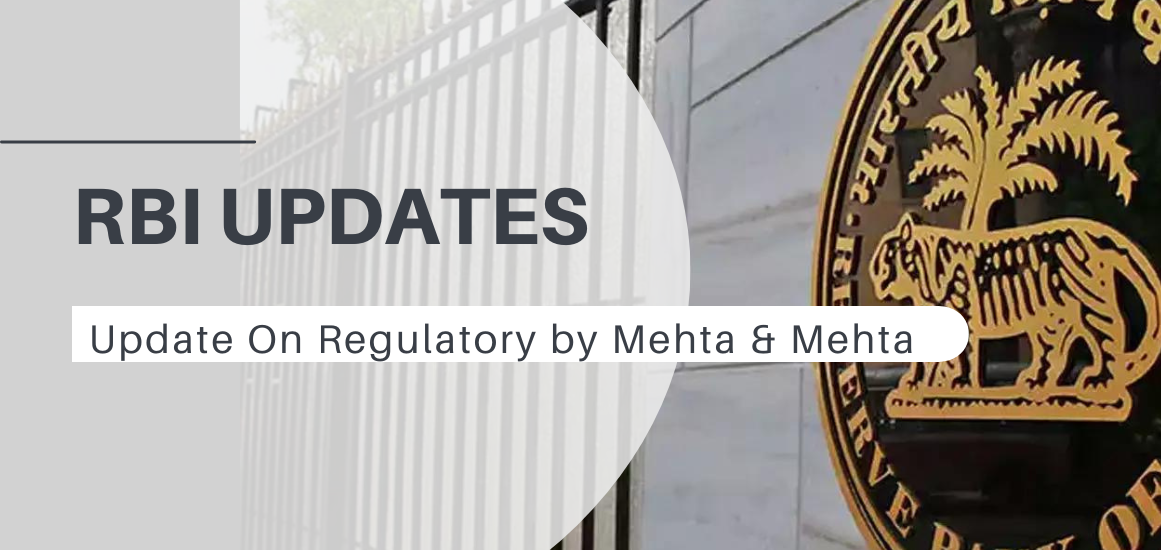



The Reserve Bank of India (RBI) has unveiled its revised guidelines on Priority Sector Lending (PSL), which will come into effect on April 1, 2025.
The revised guidelines come with several important changes, each aimed at expanding the reach of PSL and ensuring that more individuals and businesses benefit from priority sector financing.
One of the most significant updates in the revised guidelines is the enhancement of several loan limits. This includes an increase in the loan limit for housing loans, which will now fall under the PSL category for larger loan amounts. This adjustment is expected to allow more individuals to access home loans, thus promoting affordable housing and contributing to the government’s vision of “Housing for All.” By broadening the scope of PSL coverage, the RBI aims to make housing loans more accessible to a larger population, thereby stimulating the real estate sector and supporting the overall economy.
Another key change is the expansion of loan classifications under the ‘Renewable Energy’ category. The RBI now allows a wider range of purposes to qualify for PSL under renewable energy, which is in line with India’s commitment to sustainable energy practices and the global push towards combating climate change. This revision is crucial as it encourages financial institutions to support green energy initiatives, such as solar, wind, and other renewable energy projects, thus helping India achieve its renewable energy goals and reduce its carbon footprint.
The guidelines also revise the overall PSL target for Urban Co-operative Banks (UCBs). The new target mandates that UCBs must ensure that 60 percent of their Adjusted Net Bank Credit (ANBC) or Credit Equivalent of Off-Balance Sheet Exposures (CEOBSE), whichever is higher, is allocated to the priority sector. This revision underscores the importance of ensuring that UCBs play an active role in providing financial services to the priority sectors, which includes small businesses, agriculture, and other underserved areas of the economy.
In a move aimed at promoting social inclusivity, the revised guidelines expand the list of eligible borrowers under the ‘Weaker Sections’ category. This expansion will include more individuals and groups who are economically disadvantaged and need access to credit. Additionally, the existing cap on loans extended by UCBs to individual women beneficiaries has been removed. This change is expected to increase financial inclusion by empowering women and other marginalized groups, providing them with better opportunities to access credit for entrepreneurship, education, and housing
Link – https://rbidocs.rbi.org.in/rdocs/notification/PDFs/128MD66C4DDCB167C4DC9A5BD913570CB3D47.PDF